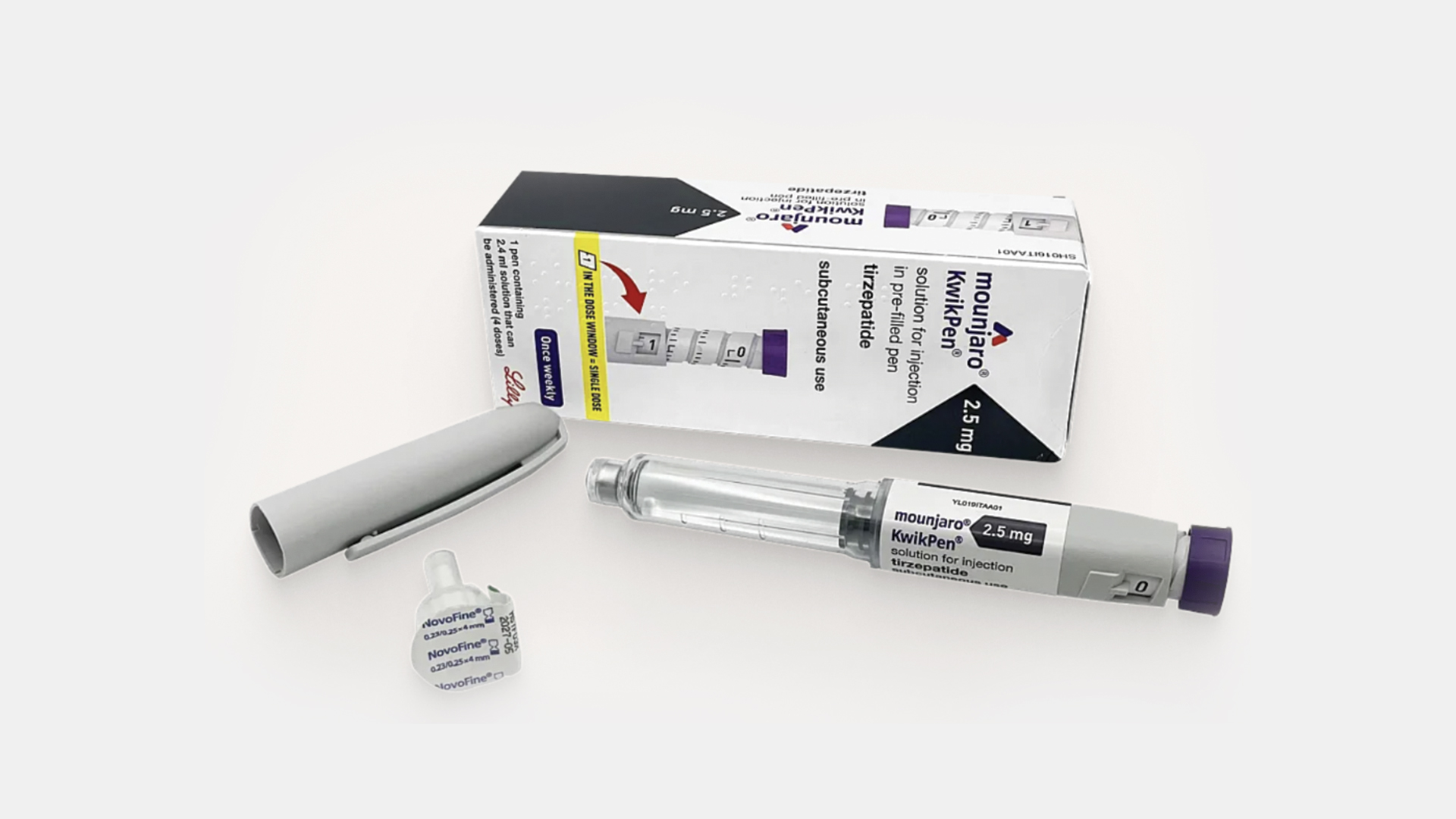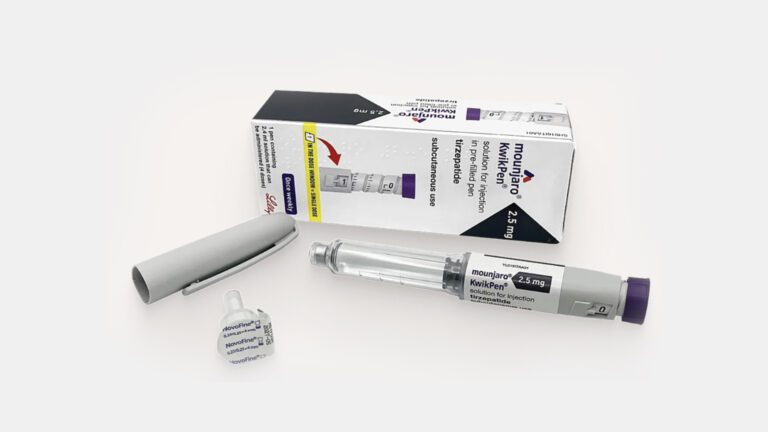
We generally see people finding ways to discover quick fixes, which often leads to the debate around weight loss. Everyone is in a race to discover the best solution, which might become daunting over time.
If you are someone who is constantly struggling with being overweight, you should start including healthy dietary food with a little exercise in your lifestyle to achieve your goal. If this doesn’t work out for you, try seeking medical care and ingesting some supplements or injections.

Qualifications for Accepting Weight-loss Drugs:
Before incorporating any drug in your lifestyle, reach out to your doctor and learn about your bodily conditions, challenges, and any history to know which medicine will be ideal for you. The first thing you need to learn is the difference between overweight and obesity; both can be checked through the Body Mass Index (BMI), which is more than 30 for obese people and between 25 and 30 for overweight people, whereas the neutral BMI is 18.5-24.9.

These weight-loss medications should be prescribed by the doctor and cannot be taken by everyone. For instance, women who are pregnant and are trying to be pregnant cannot significantly take weight-loss medications.
(Pros and Cons of Weight-loss Drugs, n.d.)
Benefits of Using Prescribed Medications for Weight-loss:
Prescribed medications can help in losing weight sufficiently if taken correctly with the right diet and exercise. According to studies, people who intake weight loss medications lose 3%–12% by the course of 1 year in comparison to the people who do not take one. Weight loss medications also help improve the other health issues if the starting body weight loss is 5% to 
Pros and Cons of Weight-loss Drugs, n.d.)
Prescribed Medications for Weight-loss:
Some of the prescribed medications for weight-loss are given below in the table:
Weight-loss Medication | Certified for | Mechanism | Recommendations |
Wegovy (semaglutide)
Given intravenous. | People of 12 years and older can take this injection. | ● This medication contains the hormone, which is GLP-1. This aids in regulating the intake of food.
● Type II diabetic patients can take this. | Not recommended to the patients who have a history of MEN 2 or MTC thyroid cancer.
|
Mounjaro
Given intravenous. | Only adults can take this injection. | ● This medication contains the hormones, which are GLP-1 and GLP. They aid in regulating the intake of food.
● Type II diabetic patients can take this. | Not recommended to the patients who have a history of MEN 2 or MTC thyroid cancer. |
Xenical & Alli
Given orally. | People of 12 years and older can take this injection. | The components of this medication inhibit the activity of lipase, which restricts the functionality of enzymes by breaking down the fats. | The patients who have cholestasis are not recommended to take this medication. |
Saxenda
Given intravenous. | People of 12 years and older can take this injection. | ● This medication contains the hormones, which are GLP-1 and GLP. They aid in regulating the intake of food.
● Can be taken by type II diabetes patients. | Not recommended to the patients who have a history of MEN 2 or MTC thyroid cancer. |
Contrave
Given orally. | Only adults can intake this. | It is the mix of two medications that are supposed to act on the dopamine reward system and hypothalamus, which is known to be an appetite regulatory center in the brain, to suppress hunger. | Contrave is not recommended for many conditions:
● People who drink alcohol. ● People who have certain eating disorders. ● People who have a history of seizures and high blood pressure. ● Pregnant and breastfeeding women. |
Hydrogel
| Only adults can intake this. | This capsule contains hydrogel, which is 3-dimensional and made from cross-linking of citric acid and cellulose. In the stomach, it absorbs the water content and starts expanding, which aids in minimizing food hunger and fulfilling the feeling of food satisfaction. | People who have allergic reactions with cellulose and citric acid and who are pregnant cannot intake Plenity. |
(Prescription Medications to Treat Overweight &Amp;Amp; Obesity, 2024)
(Obesity Action Coalition, 2021)
(Giruzzi, 2020)
Implementations of Weight-loss Medication:
Weight-loss medications work differently according to the type of medication and the age and sexuality of a person taking it. The prescribed medications can function in many ways:
- They interfere with the enzymes by inhibiting them and increase the absorption of fats.
- These medications reduce the need for cravings and food hunger.
- Some medications absorb water from the stomach and fulfill the feeling of fullness.
(“Are Weight Loss Medications, Like Wegovy, Right for You?,” 2024)
Concluding Words:
It is difficult to understand which medication is best for weight loss, but according to the bodily conditions, there are options in the medical treatments that are sufficient for overweight people who are also suffering from different health challenges. Firstly, you should calculate the BMI of your body, which can easily be calculated by the division of weight and height, and then consult with the doctor to prescribe you the right medication.
FAQs
Will I start regaining weight once I stop taking medication?
Yes, you might probably start gaining weight once leaving the medication, but with the proper diet and exercise, it might slow down the regaining.
Can children take weight-loss medication?
Yes, children of age 12 and above can take a few weight-loss medications such as saxenda, wegovy, xenical, and more.

















